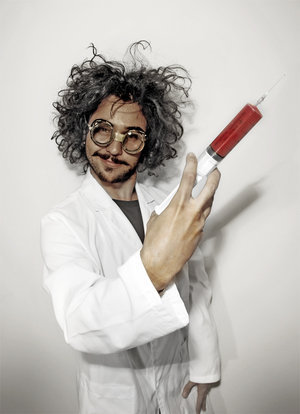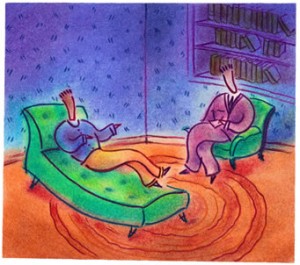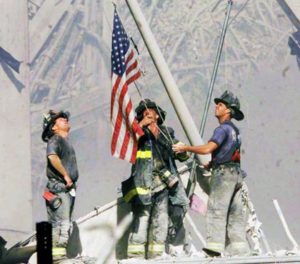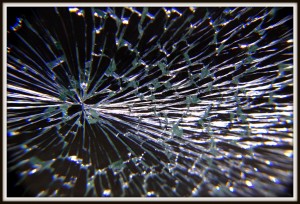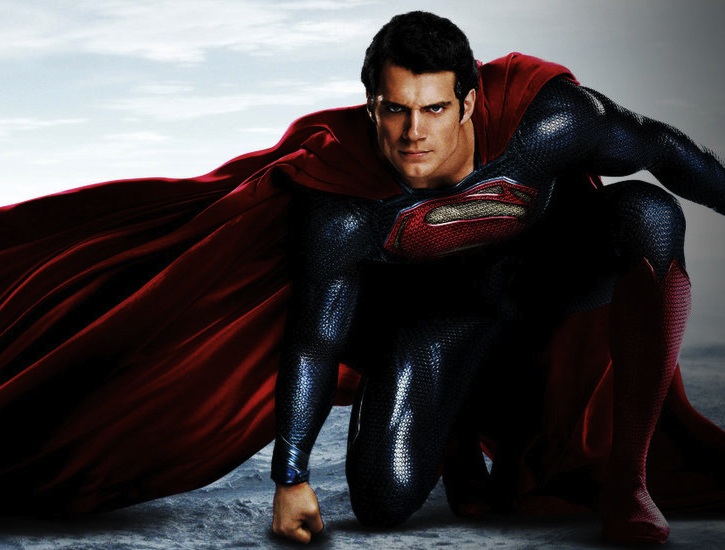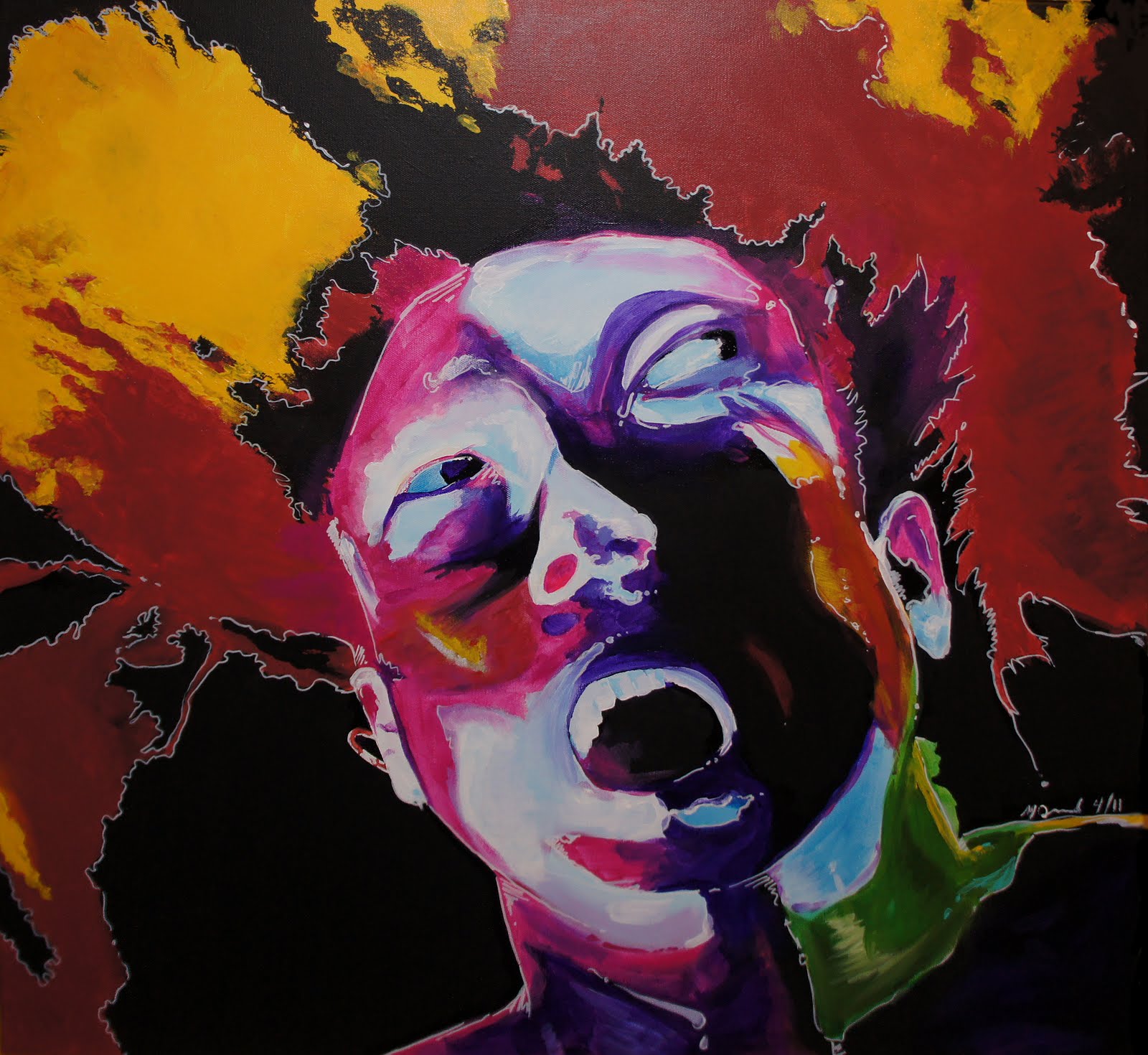Written in June, 2010.
Here’s the thing: Asking me for medical advice is like asking Charles Manson how to be a pacifist.
Mood music:
[spotify:track:79DVDD46pdqwjYucn91fny]
In the months since I started this blog, I’ve noticed something expected but weird nonetheless:
People are coming to me for medical advice.
Several people who saw my post on living with Crohn’s Disease sent me their phone numbers and asked me to call them. I always do, and the person at the other end will start listing a bunch of issues they’re having and asking me what I think.
In one of my posts about the binge eating addiction I mentioned that at the deepest depths of the addiction I would get chest pains and wake up in the middle of the night puking up stomach acid. Someone wanted to talk about how that’s been happening to them.
Then there’s the OCD itself. People will approach me in droves about their issues and how they think they might have OCD or some other mental disorder.
To be clear, I’m not putting down those who have come to me with this stuff. I respect them all and am glad they feel they can talk to me. Sometimes talking about your problems in and of itself is a huge step on the road to dealing with it. I’m more than happy to help. Heck, that’s one of the reasons I started this blog.
But before we go any further, I just want everyone to remember that I’m not a doctor and no two sufferers are the same.
I’m the last person you want to go to for a medical advice. That would be like going to Charles Manson for a better understanding of law and order.
It’s natural to ask someone who has been through something you think you might have for advice before seeking out a doctor. I’ve done it many times myself. The thought of seeing a doctor and going for a bunch of tests is scary.
But it’s necessary.
Had I not found the right doctors along the way, I’d be in bad shape today, maybe even dead (mentally dead, anyway).
All I have to offer is my personal experiences. I can tell you where I’ve been, what I’ve learned from the experience and how I got to the generally good health I enjoy today. But none of what I tell you will be rooted in medical certainty. There are people out there who have been through very similar experiences as mine. But everyone’s outcome is a bit different, especially when it comes to the treatment methods that work for the individual.
My solution to the binge-eating disorder was Overeaters Anonymous, a rigid food plan devoid of flour and sugar and a 12-step program. The combination has been a life saver for me, but probably wouldn’t work for a lot of other people.
One of my many tools for managing OCD is the drug Prozac. But the same drug will do nothing for the next guy and might even make matters worse.
This is tricky stuff.
And for that, you need a real doctor.

